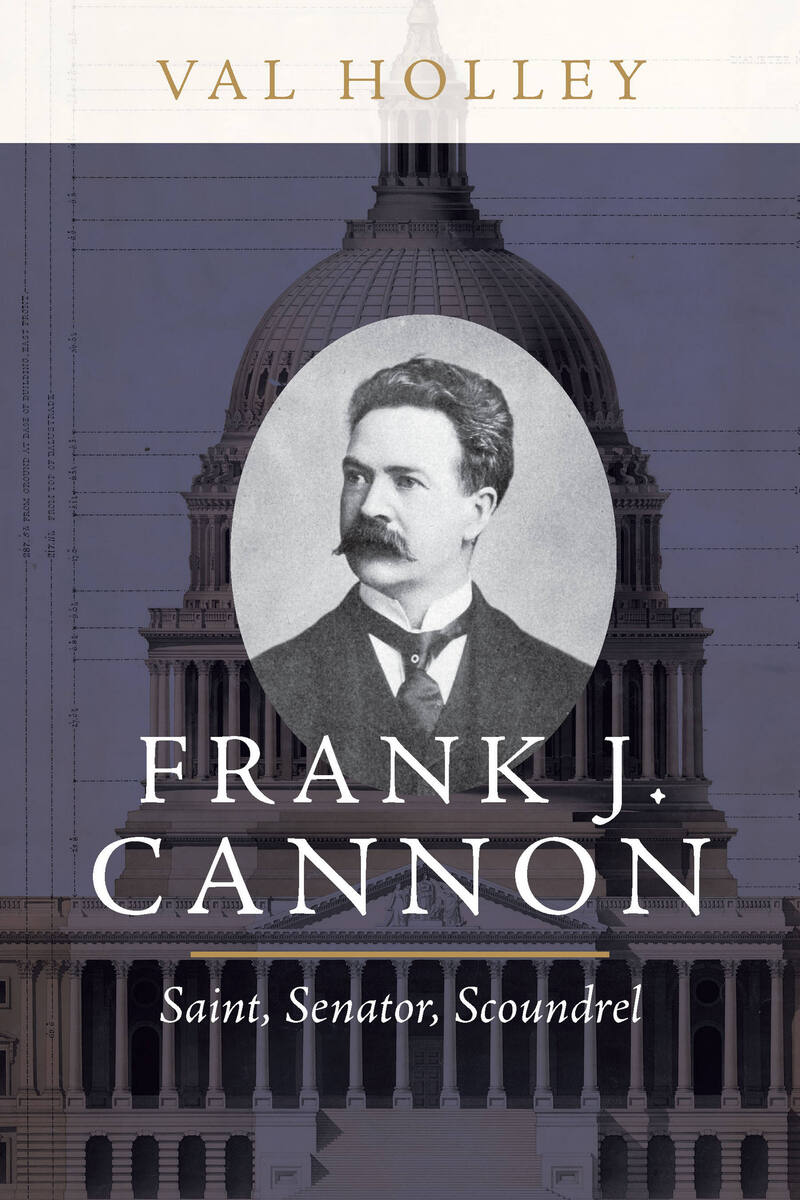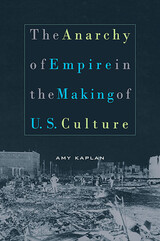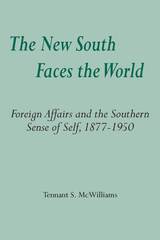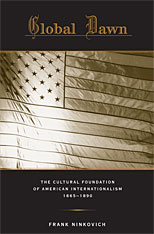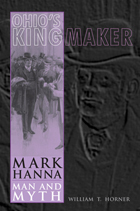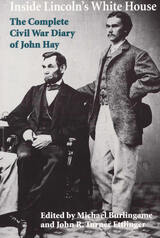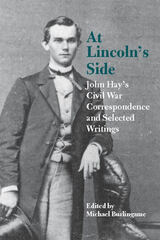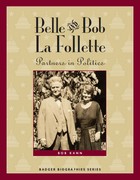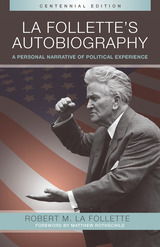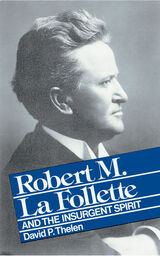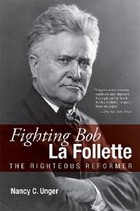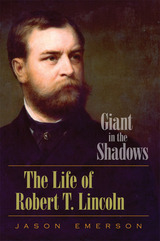Frank J. Cannon: Saint, Senator, Scoundrel
University of Utah Press, 2020
Paper: 978-1-64769-013-7 | eISBN: 978-1-64769-014-4 | Cloth: 978-1-64769-012-0
Library of Congress Classification E664.C195H65 2020
Dewey Decimal Classification 973.87092
Paper: 978-1-64769-013-7 | eISBN: 978-1-64769-014-4 | Cloth: 978-1-64769-012-0
Library of Congress Classification E664.C195H65 2020
Dewey Decimal Classification 973.87092
ABOUT THIS BOOK | AUTHOR BIOGRAPHY | REVIEWS | TOC | REQUEST ACCESSIBLE FILE
ABOUT THIS BOOK
Utah’s path to statehood was the most tortuous in U.S. history, due in no small part to the Mormon practice of polygamy. Frank J. Cannon, newspaperman, Congressional delegate, and senator, guided Utah toward becoming the forty-fifth state in the Union in 1896. But when he lost favor with the LDS Church, his contributions fell into obscurity. In the 1880s, Congress dealt with the intransigence of the Church of Jesus Christ of Latter-day Saints over polygamy by enacting punitive new laws. Mormon lobbyists who pleaded for relief in Washington came home empty-handed before Cannon finally broke the logjam. He persuaded President Grover Cleveland to appoint judges who would deal mercifully with convicted polygamists and dissuaded Congress from disenfranchising all members by pledging that the church would abandon polygamy. But when Utah elected Mormon apostle Reed Smoot to the U.S. Senate in 1903, Cannon condemned what he called the reneging of LDS Church pledges to stay out of politics. He wrote scathing denunciations of Smoot and Mormon president Joseph F. Smith, co-authored the exposé Under the Prophet in Utah, and spearheaded the National Reform Association’s anti-Mormon crusade. Utah’s subsequent displeasure with Cannon ensured that his critical role in its statehood would be buried by omission.
See other books on: Holley, Val | Legislators | Saint | United States. Congress. Senate | Utah
See other titles from University of Utah Press
